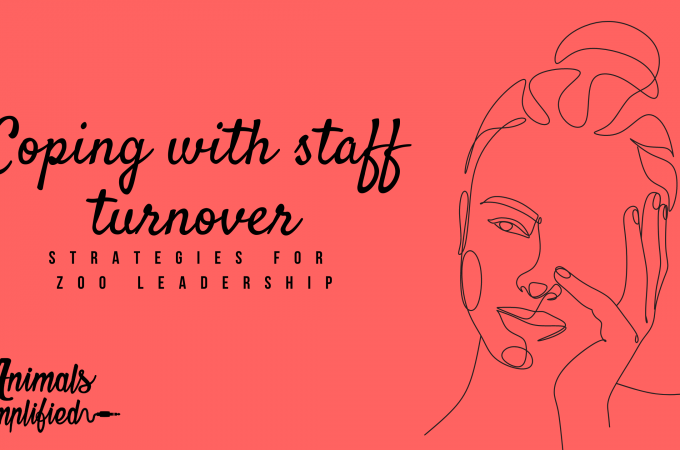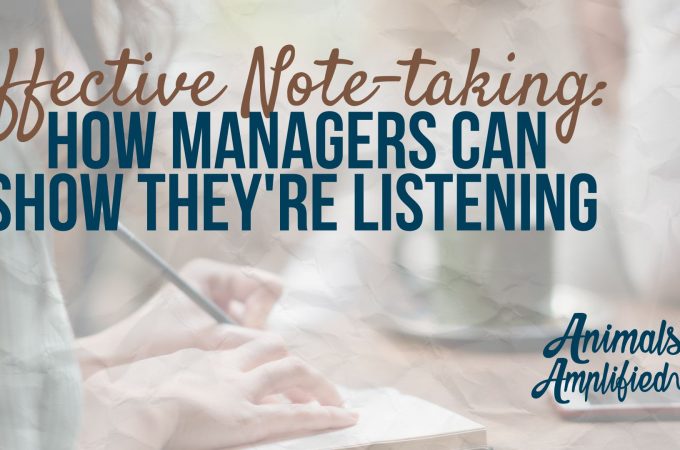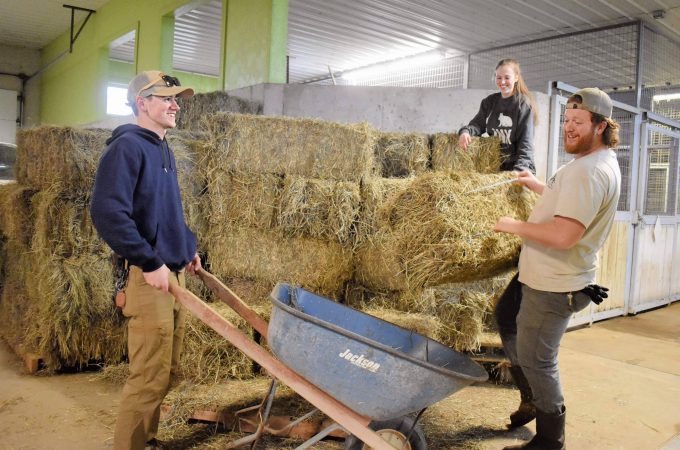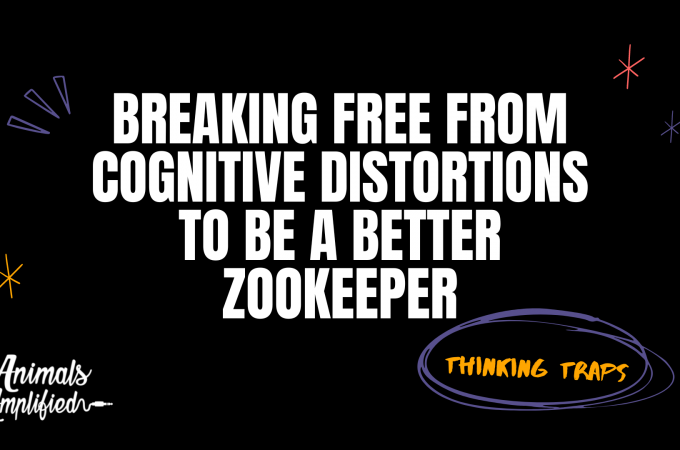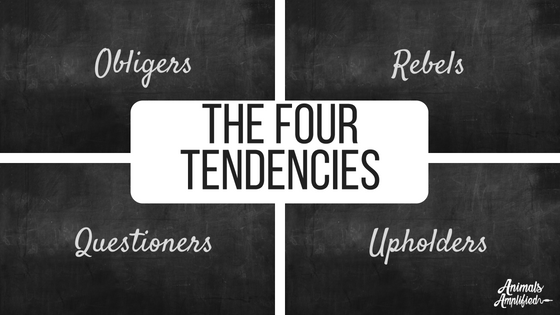
The Four Tendencies- guest blog by Brittany Henderson
I’m excited to introduce a close friend of mine Brittany Henderson. Brittany and I attended Moorpark College together. In the EATM program I called Brittany “Bird” and we spent many hours walking our favorite coyote. If you asked me what “Bird” would grow up to be I would NOT have said, Health Coach and Nutritionist but look at her now!
About a month ago I came across Bird talking about the four tendencies on her Facebook page and I was hooked! I thought this information could apply to our industry at work and at home! So check it out!
____________________________________________
You can divide pretty much anything you do in life into two categories. Something you do for you and something you do for somebody else. Gretchen Rubin calls these categories Inner and Outer Expectations as part of her incredibly useful personality framework The Four Tendencies.
As a Certified Health Coach and Nutritionist, one of the ways I help my clients become more successful in both categories is by helping them understand themselves as one of the Four Tendencies, as well as understand the Tendencies of those around them.
Understanding how we, and others, respond to the expectations we place on each other and ourselves can help us be more successful both personally and professionally.
The Four Tendencies, as laid out by Rubin separates us into Upholders, Questioners, Obligers and Rebels with each group tipping to one of two others. In brief:
Upholders: Do well with both inner and outer expectations. These people are typically your type A list makers, goal setters and rule followers. Just Do It tends to be their Motto (and they do). But don’t get too cocky if you’re an Upholder, you’re also at risk for Rule Tightening where you may find yourself following arbitrary rules even when you don’t have to or maybe it’d be better not to.
Questioners: Do well with inner expectations but struggle with outer. For a Questioner they need to know WHY they should do something. Once an outer expectation makes sense to them, they essentially make it an inner expectation and move forward with ease. The downside for many Questioners is a feeling of analysis paralysis but once they’ve made a decision, good luck getting them to budge!
Obligers: Do well with outer expectations but struggle with inner. As the majority of the Tendencies, Obligers are the people pleasers who run the world. But with all we (yes I’m an Obliger!) do for others, we often struggle to do anything for ourselves. For an obliger harnessing external accountability can be incredibly helpful. This is how I help many of my obliger clients. Be careful not to let too many outer expectations pile up or you may succumb to Obliger Rebellion where the obligers meets and meets those outer expectations until finally saying “I quit!” to one or more things in their life. Sometimes to their own detriment – hello ice cream binge when you’ve been eating so well!
Rebels: Rebels can do what they want when THEY WANT. But they really struggle with both inner and outer expectations. If the mere thought of someone asking you to do something gives you an immediate feeling of NO! – then you’re probably a rebel. The key for Rebels is figuring out what you need to do and relating it to your identity. If you Identify as someone who keeps rigorous records than fact that you’re required to for your job isn’t likely to deter you from the task. Figuring out how you identify in the world and then applying that identity to an aspect of say a habit you’ve struggled with previously can be incredibly helpful for most rebels – but don’t let me tell you what to do. I’m sure you can figure it out yourself!
Once you know your Tendency you can apply your strengths and weaknesses to your personal and professional habits to find creative ways to be more successful where you’ve struggled previously.
If you’re an Upholder who’s struggling with breaking out of the box, find a Rebel or Questioner partner who can help you break some rules.
For the Questioner who doesn’t understand why your company does things the way they do – maybe you can propose a different way or work toward a promotion that will allow you more freedom to do things they way you want to!
For the Obliger – accountability is key. Figure out how to keep yourself accountable whether by finding an accountability partner, coach or some kind of program to keep you on track.
And for the Rebel – be sure what you do reflects a piece of your Identity. If you’re struggling to make something work for you – how can you make it a part of your identity? For many of my Rebel clients, they Identify as a healthy person or they Identify as someone who doesn’t eat XYZ, and with that knowledge, they no longer struggle with what they eat.
For those of you working with one of the other Tendencies – here’s a few tips:
Most Upholders will struggle to understand why you (as a non Upholder) – can’t “just do it”. Help them understand by pointing them to this article and/or better yet – if you happen to be an obliger, ask them if they’ll act as your accountability partner!
If you’re working with a Questioner in a group, they may even seem a bit obstructionist but take heart – they’ll usually help you weed out arbitrary and unnecessary decisions. If you really need to change their mind, come loaded with research and don’t take it personally if they still won’t budge.
If you’re working with an Obliger – do them a favor and help them guard against taking on too much. We tend to say yes a lot, even when it can cause significant and detrimental stress. You can also offer accountability for something they truly want to do for themselves.
For the Rebel in your world, speak to them in the following system: Information, Consequence, Choice. Give them the information of the situation, the consequence of doing and not doing the action and then let them choose. Letting them choose is especially critical if you want the Rebel to learn from the situation. If you swoop in a save them at the last minute – they’ll know they can do whatever they want without any consequences since you’ll always be there to save their a*@.
Knowing your Tendency and the Tendency of those around you will make getting things done a lot more pleasant. If you’re still not sure about your Tendency or you want to confirm your suspicion, you can take the quiz at bit.ly/habitsquiz and go deeper into each Tendency in Gretchen Rubin’s Book The Four Tendencies. Need help harnessing the power of your Tendency to create a healthy habit or start creating your Whole and Healthy life in place? Let’s chat!
Loving what Bird has to say? Check out her page!
This post contains affiliate links.

